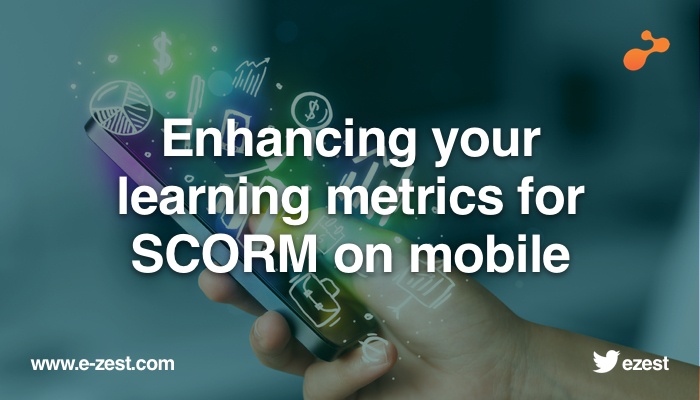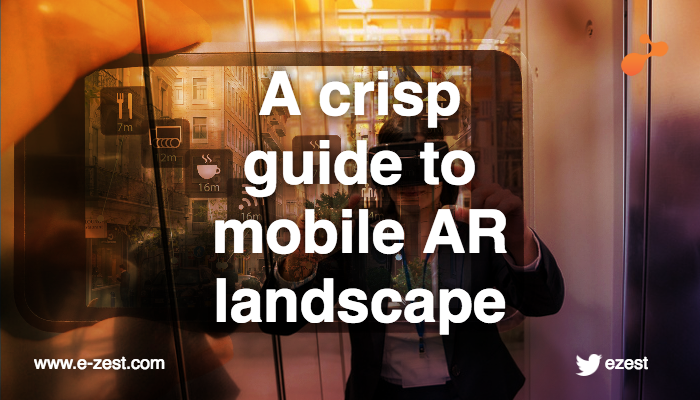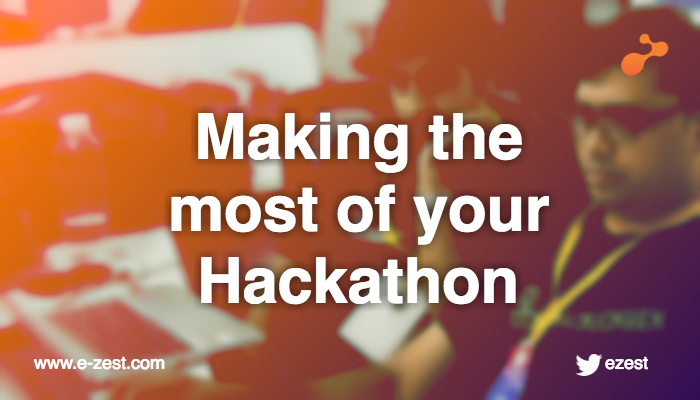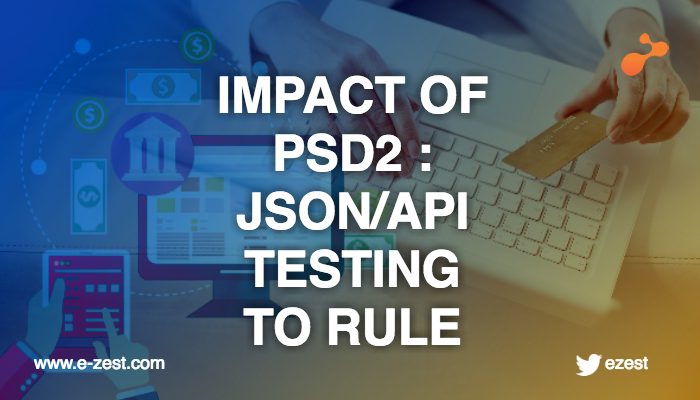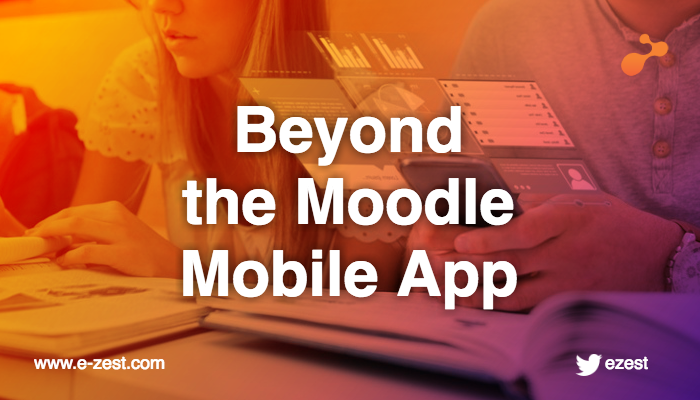
With features such as these, Moodle Mobile truly looks to fulfil the promise of ‘anytime, anywhere’. But the trends today and the demands of the market may need us to look beyond the capabilities of the current Moodle player.
- Micro-interactions: One of the current market trends leans towards the presence of minute, subtle gestures that cause dictate the course flow and experience. An example would be the detection of the motion of the device to cause a certain action, like navigating through a 360 degree view. It could also be tapping on a keyword within the course that causes Google to find its meaning instantly. These things are now being implemented by cutting-edge technocrats for the market of today and we also need to look at them seriously.
- AR and VR: Augmented reality and virtual reality are being explored in e-learning to provide a new level of immersion that could be the defining curve for the industry. While mobile apps like Moodle Mobile do offer the needs to cater to the exact needs of today, the very concept of today is fading into yesterday! We would be soon catering to the needs of the learners who have seen their children navigate through forests and planets in their VR sets at home. And we have to live up to the expectations of learners that would be habitual to see the freshness of fruits and vegetables indicated on their AR-glasses. Moodle mobile would also need to jump into such features to scale effectively.
- Being offline: The offline features of Moodle allow it to play courses offline. But the authentication mechanism still needs learners to be online. A truer implementation of the offline features should allow learners to be authenticated while they are offline. There will be concerns and necessary solutions to store the credentials in an encrypted form, but with the storage and power of mobile computers on the rise, it could surely be considered.
- Other LMS systems: The future of e-learning lies in the open-architecture design of LMS systems that would allow more decoupled integration between the client and the server. With such trends already in place, it would be a good idea for Moodle Mobile to be ready to talk to other LMS systems as well. But different LMS systems will not follow the same API conventions and that becomes a challenge. In spite of such challenges, the openness of mobile clients to other LMS systems can decide their survival if the LMS market forces shift suddenly.

